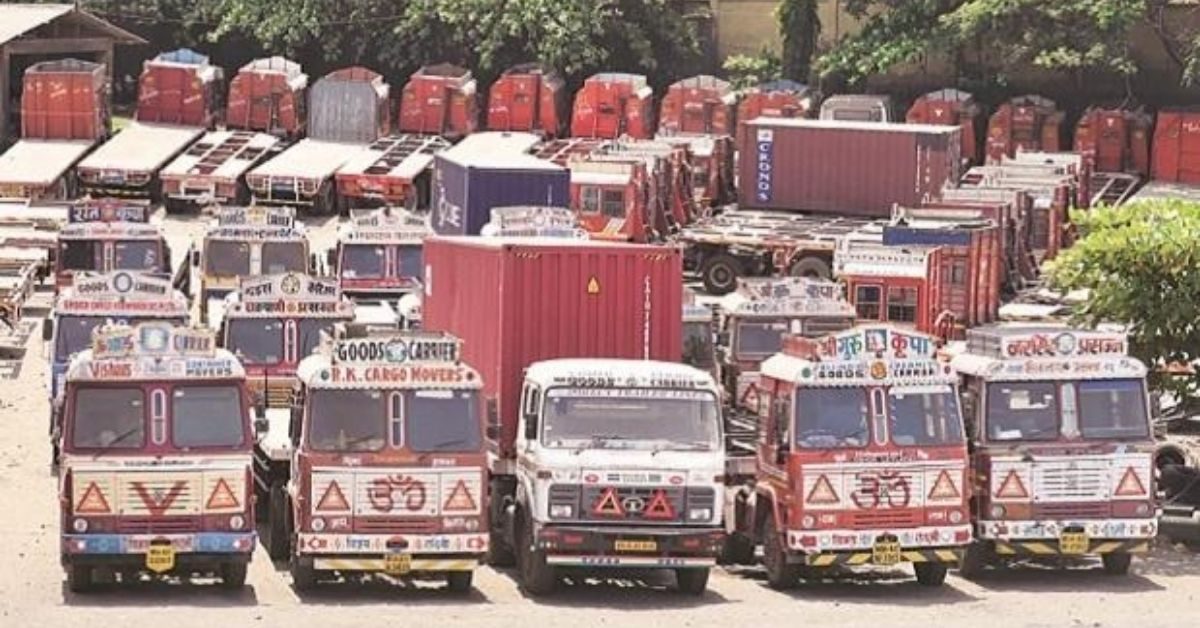To achieve net-zero carbon emissions by 2070, the Indian transport sector, responsible for 13.5 per cent of India’s energy-related carbon dioxide emissions, will have to play a pivotal role.
A low hanging fruit that can help deliver immediate results is electrifying the trucking sector as trucks contribute more than 34 per cent of the carbon dioxide emissions of the transport sector while constituting less than 5 per cent of India’s total vehicle fleet.
But high purchase costs and inadequate charging infrastructure hinder e-Trucks’ adoption.
Electric trucks, due to their higher prices, lose out at this very first stage.
Operating costs of these vehicles, which are much lower than their diesel counterpart and this is often missing during evaluation. Thus the discourse needs to shift from purchase costs to Total Cost of Ownership (the cost the customer has to bear over the entire life-cycle of the product).
Steps also need to be taken to bring down the Total Cost of Ownership (TCO) of the electric trucks through innovative policy solutions, risk sharing, and financing mechanisms. Firstly, the government should continue providing incentives like the ones under FAME-II.
Secondly, the government and its public-sector undertakings should subsidise part of the interest rate on e-Trucks. The various Development Finance Institutions may also be roped in to offer affordable loans.
Lastly, the Original Equipment Manufacturers should share some of the risks through mechanisms like leasing, performance guarantees and buy-back guarantees.
Charging Infra
Accessibility of refuelling stations is the second factor in the purchase decision. For EVs, the charging infrastructure is grossly inadequate, and requires a big investment.
The Power Ministry has promulgated the revised consolidated Guidelines & Standards for Charging Infrastructure for Electric Vehicles. These guidelines provide enabling provisions like allowing individuals/entities to set up public charging stations (PCSs) without the requirement of a licence, and making provisions for at least one fast charging station for electric trucks every 100 km on the highway. A revenue sharing model has also been proposed under which land available with the government/Public entities can be provided for the installation of PCSs at nominal rates.
The Battery Swapping model can be a solution to inadequate charging infrastructure. NITI Aayog’s draft policy promotes the swapping of batteries for two- and three-wheelers.
Efforts should be fast-tracked for the development of a similar policy for e-Trucks. The Chinese experience in running battery-swappable heavy-duty trucks can serve as a case study.
Since e-trucks are a new development, the government will have to provide the necessary nudge to bring about behavioural changes. Norway has a comprehensive set of policies addressing behavioural incentives for Zero Emission Vehicles like free parking and toll fee exemptions, no annual road tax, exemptions from VAT in leasing, etc.
The government can also provide support in fleet purchase requirements for commercial freight operators, fuel efficiency norms that reward OEMs with low emissions and penalise those with high emissions, and credit schemes for OEMs producing electric trucks. The Californian experience with the Advanced Clean Trucks (ACT) regulation is a good example.
The NITI Aayog released a report recently that details four pathways to Zero Emission Trucking adoption. With the number of trucks expected to increase more than fourfold by 2050, it is the ideal time for India to take a leap towards electrification of this mode of transportation.
The writer is an officer with the Northern Railways. Views expressed are personal.








